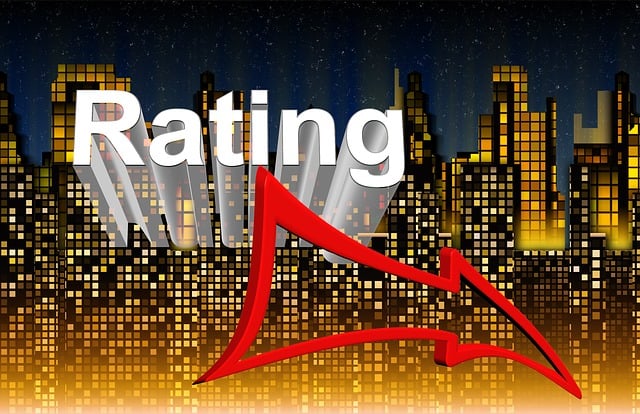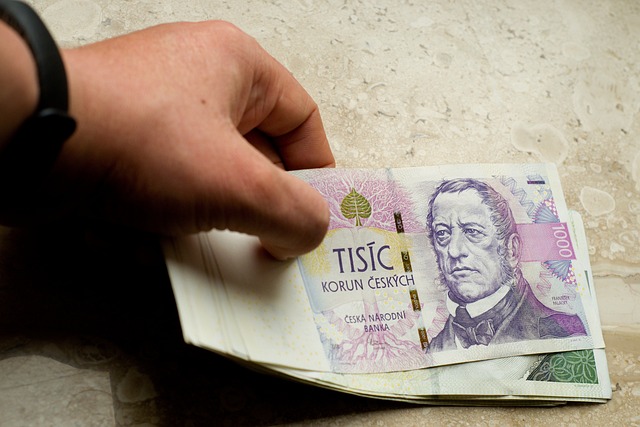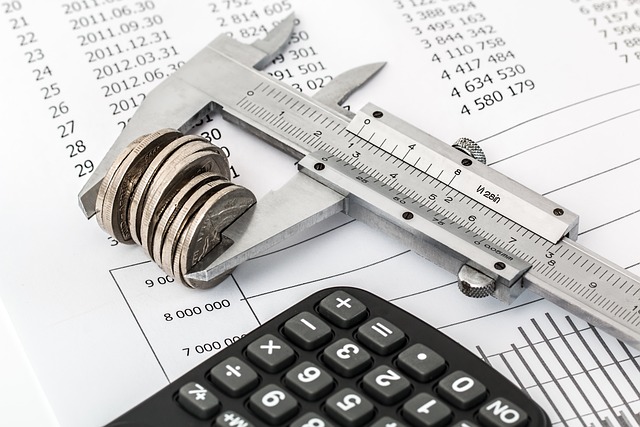Debt consolidation in South Africa simplifies multiple high-interest debts into a single loan with more manageable terms, helping individuals regain control over their finances. By combining various loans, such as credit cards and personal loans, and securing lower interest rates, debtors can reduce stress, save on interest charges, and improve their credit scores for future financial opportunities. A strategic approach to consolidation involves evaluating options like consolidation loans or balance transfer cards, researching lenders, and understanding terms to ensure long-term savings and a tailored repayment plan.
In the face of mounting debt, South Africans are increasingly turning to a powerful solution: debt consolidation. This article serves as a comprehensive guide to navigating this process, offering insights into the current debt landscape in South Africa and highlighting the numerous benefits consolidation can bring. We demystify the concept, explain how it works, and provide practical steps to help you take control of your finances. Discover how debt consolidation could be the key to simplifying your monetary commitments.
- Understanding Debt Consolidation: A Basic Guide
- The Current State of Debt in South Africa
- Benefits of Debt Consolidation for South Africans
- How Does Debt Consolidation Work?
- Choosing the Right Debt Consolidation Option
- Step-by-Step Process to Consolidate Your Debt
Understanding Debt Consolidation: A Basic Guide

Debt consolidation is a strategic financial move that involves combining multiple debts into one single loan with a lower interest rate. This simple yet powerful tool allows South Africans to simplify their finances and gain better control over their debt repayment journey. By consolidating, individuals can say goodbye to the hassle of managing several creditors and payment dates, as they now have just one creditor to deal with.
The process typically involves taking out a new loan to pay off existing debts, often secured against an asset or with the help of a co-signer. This new loan is structured with more favourable terms, such as a lower interest rate, longer repayment period, or both. As a result, borrowers save on interest charges and enjoy more manageable monthly payments. In South Africa, where high interest rates can make debt management challenging, consolidation offers a viable solution for many individuals seeking financial freedom.
The Current State of Debt in South Africa

South Africa, much like many other countries, grapples with a significant level of consumer debt. The COVID-19 pandemic has further exacerbated this issue, as many individuals and families have faced financial hardships, leading to accumulations of credit card debt, personal loans, and other forms of borrowing. According to recent statistics, the average South African owes around R50,000 in debts, with a significant portion of the population struggling to make ends meet due to high interest rates and stringent repayment terms.
This burden highlights the need for effective debt management strategies, such as the consolidation of debt in South Africa. Consolidation involves combining multiple debts into one loan with potentially lower interest rates and more manageable repayment schedules. It offers a path towards financial simplicity by streamlining payments and providing some much-needed breathing room for debtors.
Benefits of Debt Consolidation for South Africans

Debt consolidation offers a range of advantages for South Africans struggling with multiple debts. By combining several loans into one, individuals can simplify their financial obligations and gain better control over their money. This strategy provides a clear repayment plan, making it easier to manage and reduce stress associated with numerous due dates. Moreover, a consolidated debt often comes with a lower interest rate, which can save South Africans significant amounts of money in the long run.
It allows for more efficient financial management as there’s only one monthly payment to focus on. This consolidation can also improve credit scores over time, making it easier for individuals to access loans and other financial services at competitive rates. With a well-structured plan, debt consolidation is a powerful tool for South Africans to regain financial stability and move towards a brighter financial future.
How Does Debt Consolidation Work?

Debt consolidation is a strategic financial tool that simplifies managing multiple debts by combining them into one single loan with a lower interest rate and potentially more manageable terms. In South Africa, where many individuals struggle with a variety of debts, this process can be particularly beneficial. It works by taking all your existing debts—like credit cards, personal loans, or store cards—and refinancing them into a new loan with a fixed interest rate and a longer repayment period.
This new loan is then used to pay off the balance on each of the original debts. The advantage lies in its ability to simplify repayment routines, reduce overall interest expenses, and potentially free up some financial breathing space for other important expenses or savings goals. By consolidating debt, South Africans can take control of their finances and work towards a debt-free future more efficiently.
Choosing the Right Debt Consolidation Option

When considering consolidation of debt in South Africa, it’s crucial to select an option that aligns with your financial situation and goals. There are various types available, including debt consolidation loans, which can bundle multiple high-interest debts into a single loan with a lower interest rate. This simplifies repayment by reducing the number of payments you need to make each month. Another popular option is balance transfer cards, offering 0% interest for a set period, allowing you to pay off your debts without incurring additional charges.
Evaluating factors like interest rates, fees, terms, and conditions is essential when choosing. Researching different lenders and comparing offers enables you to find the most suitable consolidation of debt in South Africa for your circumstances. It’s also wise to assess your creditworthiness to secure favourable terms, ensuring long-term savings and a manageable repayment plan.
Step-by-Step Process to Consolidate Your Debt

Consolidating your debt in South Africa can be a straightforward process if followed systematically. The first step is to assess your current financial situation by listing all your debts, including credit cards, personal loans, and any other outstanding balances. Calculate the total amount owed and the interest rates associated with each debt. This step is crucial as it helps you understand the scope of your consolidation and how much you can save in the long run.
Once you have a clear picture of your debts, choose a consolidation method that suits your needs. The most common approach is to take out a new loan with a lower interest rate than your current debts, using this loan to pay off all existing balances. Alternatively, some credit cards offer balance transfer options with low or no interest for a specific period. Compare different lenders and their terms carefully before deciding. Ensure that you read the fine print, as there might be fees associated with early repayment or missing payments.
Debt consolidation offers South Africans a powerful tool to regain control of their finances. By understanding the process and choosing the right option, individuals can simplify their monetary obligations, reduce stress, and pave the way for a more secure financial future. This article has provided an in-depth guide, from the basics of debt consolidation to practical steps for implementation. Embracing this strategy could be the first step towards financial freedom and a brighter economic outlook for many South Africans.

